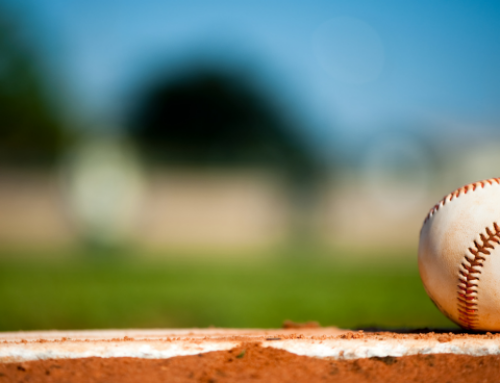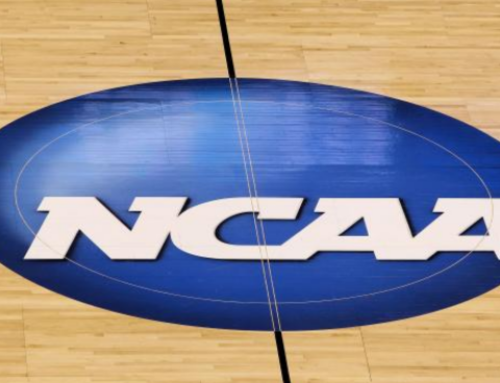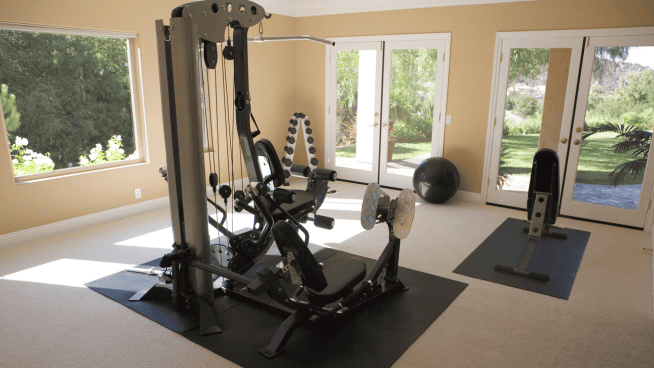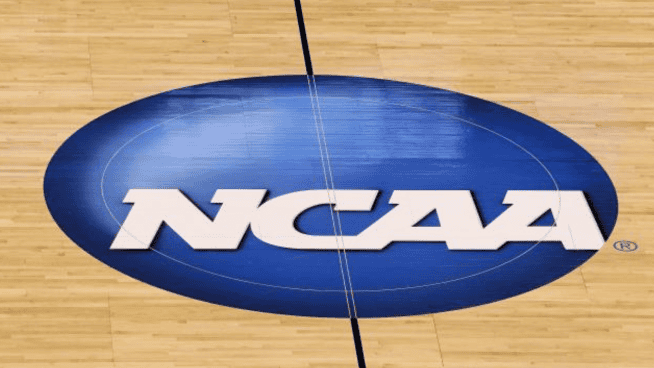Tips for Athletes Who Want to Improve Study Habits
With classes, games, practice, and workouts, athletes have limited time to study and do homework. Although studying is clearly beneficial, most student-athletes don’t know how to study effectively. The suggestions below can be applied when studying for any academic test. They are designed to help you get the most out of the little time you have.
Take Care Of Yourself
Taking care of your body is a priority to stay at the top of your game athletically, but also to keep you healthy off the field. You must sleep right and eat right. To perform both academically and athletically, you need to put yourself in a position to succeed. If you’re exhausted from an all-night movie marathon, you will struggle in your sport and in managing your time.
Use Shorter Study Sessions
I know this is counterintuitive to everything you’ve heard about studying, but it’s actually based on an accepted educational theory. Students remember what they’ve read or studied first and last. Most of what they review in the middle portion of a study session is not fully absorbed.
To maximize the amount of material that you retain, break up your studying into short sessions [15-20 minutes], with breaks between. This way, you won’t have a large middle section of material that is easy to forget. At the start of each session, give yourself a mini-refresher to make sure you haven’t forgotten what you reviewed in the previous session.
Make Your Note Cards
In recent years, there’s been a huge surge in professionally produced note cards sales. These cover many topics, from SAT vocabulary to AP American History. Yes, note cards are fantastic study tools, but pre-made ones are not the way to go. Notecards are much more effective in helping students remember important information when they actually write the information. The act of writing [creating a note card] is why they are more effective. Pre-made note cards eliminate this important benefit.
Notecards are great for directing you to topics and areas you need to study, but they are not efficient in remembering specific facts. Get a pack of blank index cards, and create note cards for each topic you are studying. Develop your own customized, comprehensive set.
Practice Tests
Throughout your preparation, you’ll do tons of practice questions and tests. To benefit from them, you need to review the concepts they are testing—taking particular notes of the ones you get wrong. In a journal, write down the concepts and correct solutions, and continually review them to make sure you can recall them.
Be Transparent With Your Teachers
If you have to miss class on Friday because you travel to an away game that weekend, make sure your teacher or professor knows well in advance. When you are open with them, they are more likely to help you out if you begin to struggle with course material. Y
RECOMMENDED FOR YOU
Tips for Athletes Who Want to Improve Study Habits
With classes, games, practice, and workouts, athletes have limited time to study and do homework. Although studying is clearly beneficial, most student-athletes don’t know how to study effectively. The suggestions below can be applied when studying for any academic test. They are designed to help you get the most out of the little time you have.
Take Care Of Yourself
Taking care of your body is a priority to stay at the top of your game athletically, but also to keep you healthy off the field. You must sleep right and eat right. To perform both academically and athletically, you need to put yourself in a position to succeed. If you’re exhausted from an all-night movie marathon, you will struggle in your sport and in managing your time.
Use Shorter Study Sessions
I know this is counterintuitive to everything you’ve heard about studying, but it’s actually based on an accepted educational theory. Students remember what they’ve read or studied first and last. Most of what they review in the middle portion of a study session is not fully absorbed.
To maximize the amount of material that you retain, break up your studying into short sessions [15-20 minutes], with breaks between. This way, you won’t have a large middle section of material that is easy to forget. At the start of each session, give yourself a mini-refresher to make sure you haven’t forgotten what you reviewed in the previous session.
Make Your Note Cards
In recent years, there’s been a huge surge in professionally produced note cards sales. These cover many topics, from SAT vocabulary to AP American History. Yes, note cards are fantastic study tools, but pre-made ones are not the way to go. Notecards are much more effective in helping students remember important information when they actually write the information. The act of writing [creating a note card] is why they are more effective. Pre-made note cards eliminate this important benefit.
Notecards are great for directing you to topics and areas you need to study, but they are not efficient in remembering specific facts. Get a pack of blank index cards, and create note cards for each topic you are studying. Develop your own customized, comprehensive set.
Practice Tests
Throughout your preparation, you’ll do tons of practice questions and tests. To benefit from them, you need to review the concepts they are testing—taking particular notes of the ones you get wrong. In a journal, write down the concepts and correct solutions, and continually review them to make sure you can recall them.
Be Transparent With Your Teachers
If you have to miss class on Friday because you travel to an away game that weekend, make sure your teacher or professor knows well in advance. When you are open with them, they are more likely to help you out if you begin to struggle with course material. Y
RECOMMENDED FOR YOU
Create A Free Recruiting Profile Today!
CaptainU helps athletes & parents not only be proactive but also to manage and take control of their entire recruiting journey.










